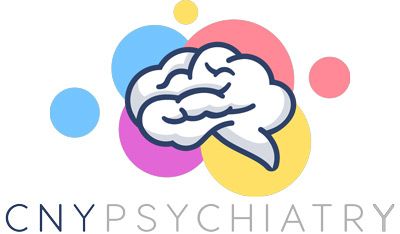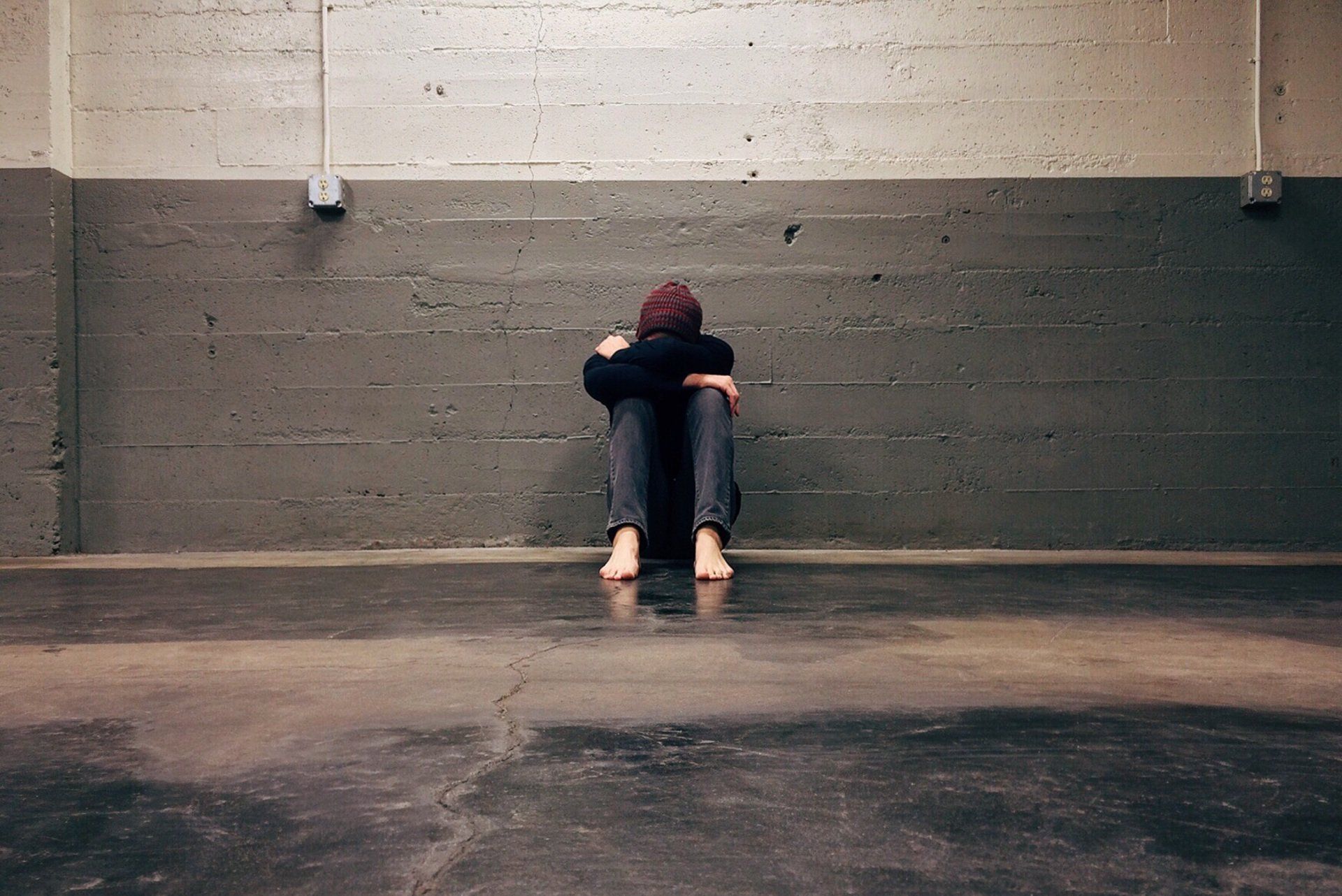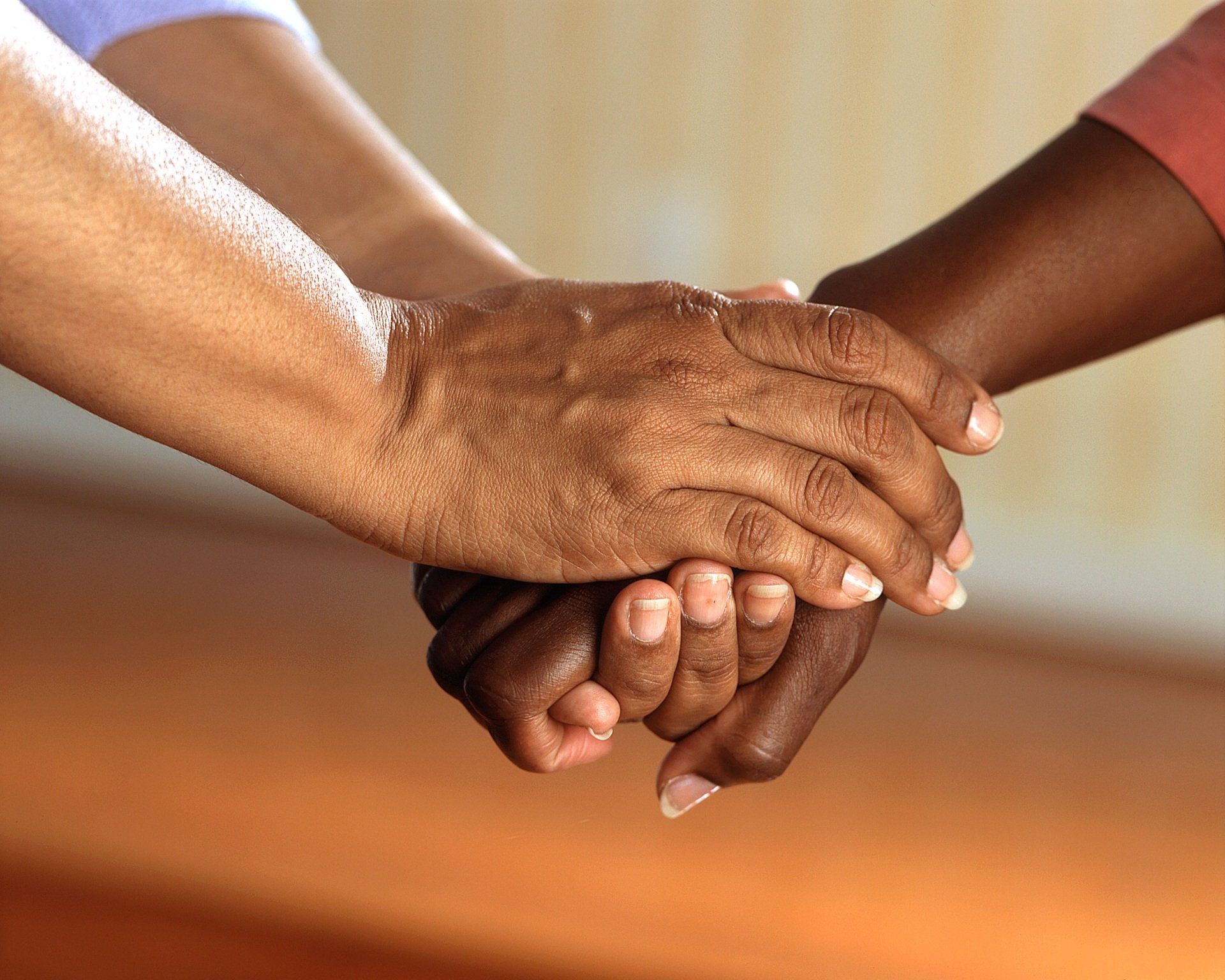Positive Psychology: How an Act of Kindness Can Change You
Jason Stepkovitch • September 1, 2020

Last year, my wife was in a serious car accident. She was driving in the dark in the middle of a driving rainstorm, and due to the poor visibility clipped a parked car while driving down a main thoroughfare of Auburn, NY. The car’s right front tire was completely sheared off, causing the car to flip in the air before landing in the middle of the street, upside down. She found herself unable to get out of the vehicle before two passersby, both of whom had stopped to assist her rather than drive past, helped her unbuckle her seatbelt and safely exit the vehicle before EMS arrived. One of the men mentioned to her that he saw smoke coming from her engine and worried that her car might catch fire if she didn’t get out quickly. Thankfully, she walked away from the accident, bruised and only slightly injured.
She was heartened by the willingness of these total strangers to help her. Heroic is perhaps too strong a word to describe their actions. But still, they both were willing to incur a certain amount of personal risk to help someone they had never met. They stood in the middle of the road, exposed to oncoming traffic in a cold, driving rain, helping a woman get out of a vehicle that was possibly going to catch fire. Why do people do such things?
Neuroscientists would say that these individuals who decided to help my wife had their anterior cingulate cortices and anterior insulas activated, regions of the brain that light up during personal pain as well as empathic response. Other parts of the brain, such as the medial orbitofrontal cortex, ventral tegmental area, and putamen, were likely involved in the prosocial kindness response that motivated them to act.
The cynics amongst us might posit a universal egoist position to explain away kindness: that acts of kindness reduce the tension one faces internally when we experience a feeling of empathy but do nothing. The universal egoist is thus arguing that kindness is, at its core, still an act of self-interest. Thankfully, social psychologists have consistently found that when people do act, they tend to do so in the interest of alleviating the suffering of another individual, not to satisfy one’s own emotional needs.
Positive psychology, an area of psychology which focuses on the strengths that enable individuals to thrive, has found that committing oneself to routine acts of kindness, such as leaving a large tip for a server at a restaurant, increases a sense of positive emotional well-being and happiness.
We are all living through an unsettled period right now. No matter what news channel one watches these days, there will be images of angry individuals engaged in angry behaviors. Maybe angry commentators angrily attacking those they disagree with. Maybe we even feel we’re under assault personally. It’s not easy to be kind sometimes, particularly to those we disagree with, or worse, find to be offensive.
Still, even with all of the reasons and barriers which cause us to drift toward bitterness or anger, at the end of the day we need each other. All of us. Perhaps practicing a little kindness really does go a long way, and not just in helping ourselves feel better.






